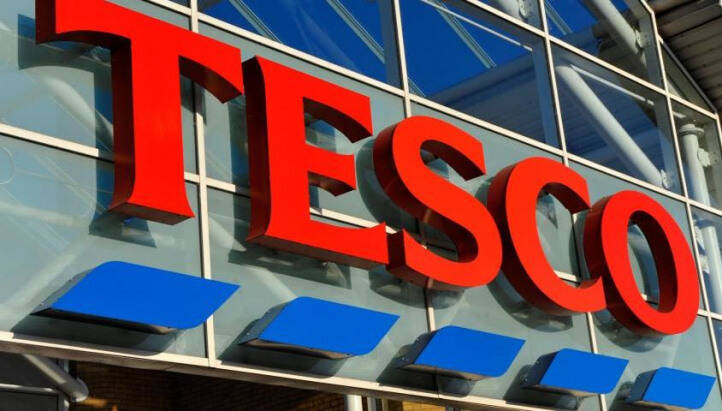We’ve helped the retail giant develop its ambitious science-based target for emissions reduction.

In 2017 Tesco announced emissions reduction targets for its global operations that have been approved by the Science-Based Targets initiative (SBTi).
These targets are consistent with scientific requirements for a low-carbon future and meet the initiative’s robust criteria making Tesco the first corporate in the world to commit to limiting global warming to 1.5°C.
The challenge
Before setting science-based targets (SBTs), Tesco had a strong sustainability programme with stretching 2020 targets and an ambition to be zero carbon by 2050.
Tesco’s goal was to set new targets aligned with the 2015 Paris Climate Agreement that were credible and realistic given its commercial objectives and the evolving policy landscape.
Recognising Carbon Intelligence’s technical and strategic expertise, Tesco appointed the consultancy to help it achieve these aims.
Process
Carbon Intelligence used a combination of methodologies to provide the flexibility to model Absolute and Intensity targets, Scope 3 emissions, and 1.5°C and 2°C scenarios in comparison to Tesco’s 2050 zero carbon ambition.
Tesco’s Scope 3 emissions were screened, showing a solid understanding of its value chain impacts. As these emissions constitute over 40% of its overall footprint, Scope 3 targets were set to meet SBTi criteria.
To demonstrate leadership, Tesco aligned its own target with a 1.5°C warming scenario and chose 2°C aligned targets for its supply chain.
Key Benefits
01. Science-based targets set
We helped Tesco set ambitious targets and gain SBTi approval
02. Deeper understanding of Scope 3 emissions
We analysed emissions impact across Tesco’s value chain
03. Engaged stakeholders
Leadership and company-wide commitment to sustainability
Outcome
Through rigorous assessment of its emission reduction strategy, the Tesco Climate Change team demonstrated it fully understood the costs, benefits, and feasibility of setting an SBT. This enabled the team to secure agreement from Tesco senior leadership and approval from the SBTi.
Tesco’s SBTs were approved in May, attracting coverage from broadsheets like the FT and The Independent, as well as sustainability- and retail-focused platforms.
Further reading:
- Download our guide to setting science-based targets
- Pukka Herbs becomes the UK’s smallest firm to secure 1.5 degree science-based target
N.B. The information contained in this entry is provided by the above supplier, and does not necessarily reflect the views and opinions of the publisher


